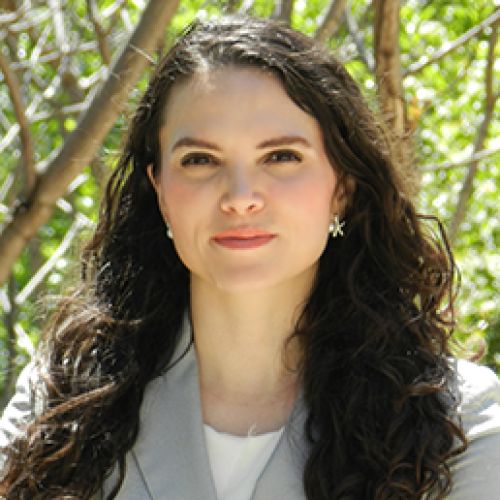“Not at All Religious”: Irreligiosity as Social Deviance in a Majority Muslim Context
In a majority Muslim context, where most college students are raised religiously and appear outwardly to conform to social norms in terms of dress and religious ritual, which college students are most likely to report that, in fact, they consider themselves “Not At All Religious”? When irreligiosity is treated as a measure of social deviance, does Hirschi’s theory of social control appropriately account for this demographic? I use original Islamic Social Attitudes Survey data collected from 1,139 Kuwaiti college students in 2007 to show that gender, being raised religiously, and religious experience are all significantly correlated to irreligiosity. Neither family attachment nor peer networks predicts self-reported irreligiosity like the influence of conservative Mosque Networks.
Duke Scholars
Published In
DOI
EISSN
ISSN
Publication Date
Volume
Issue
Start / End Page
Related Subject Headings
- Criminology
- 5201 Applied and developmental psychology
- 4410 Sociology
- 4402 Criminology
- 1701 Psychology
- 1608 Sociology
Citation
Published In
DOI
EISSN
ISSN
Publication Date
Volume
Issue
Start / End Page
Related Subject Headings
- Criminology
- 5201 Applied and developmental psychology
- 4410 Sociology
- 4402 Criminology
- 1701 Psychology
- 1608 Sociology

